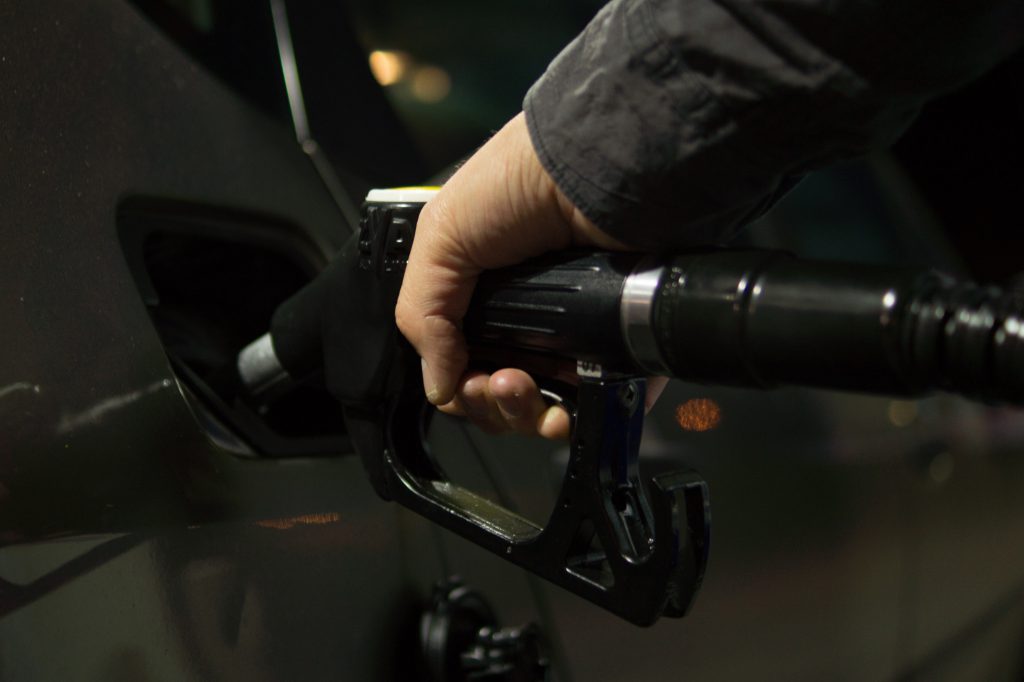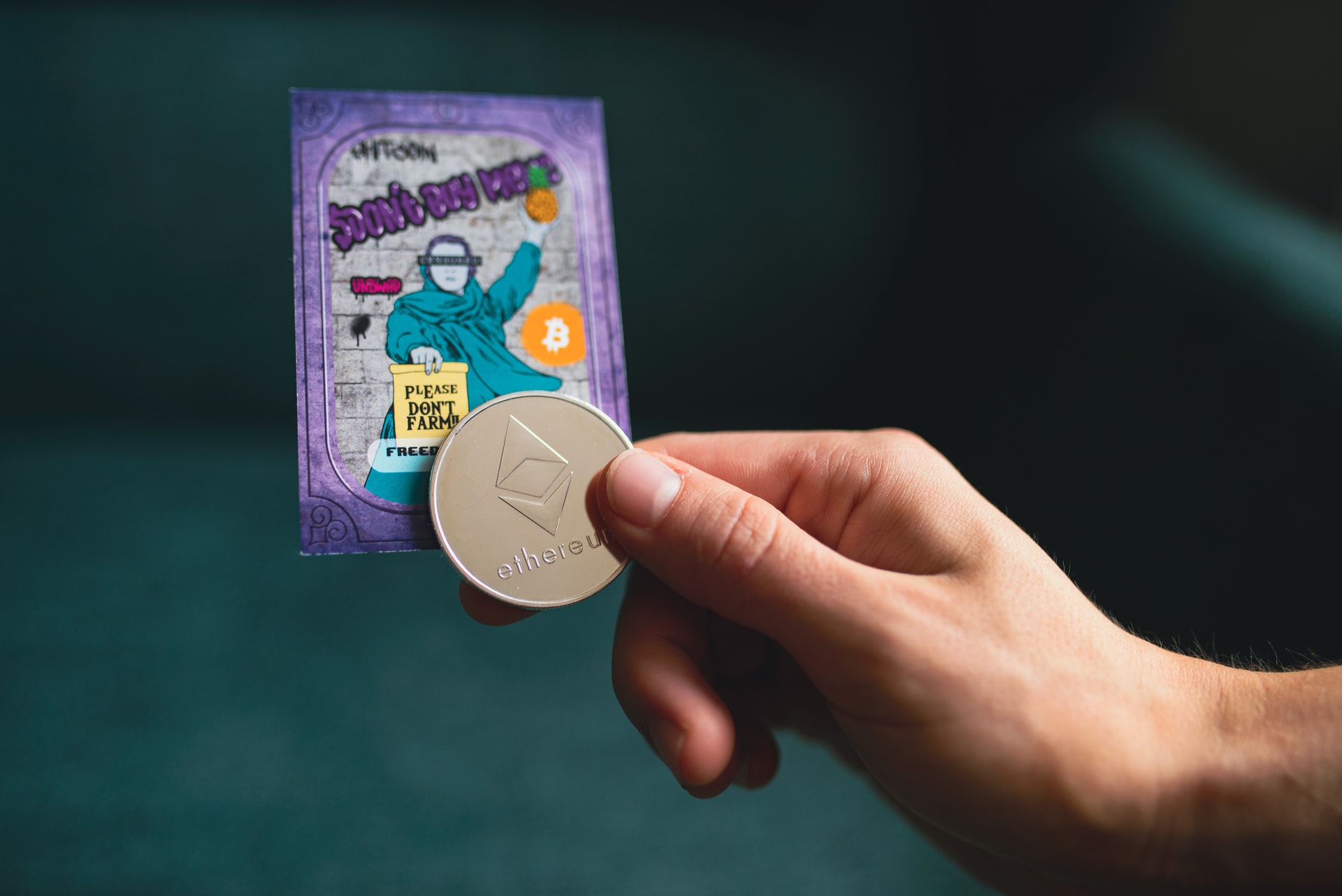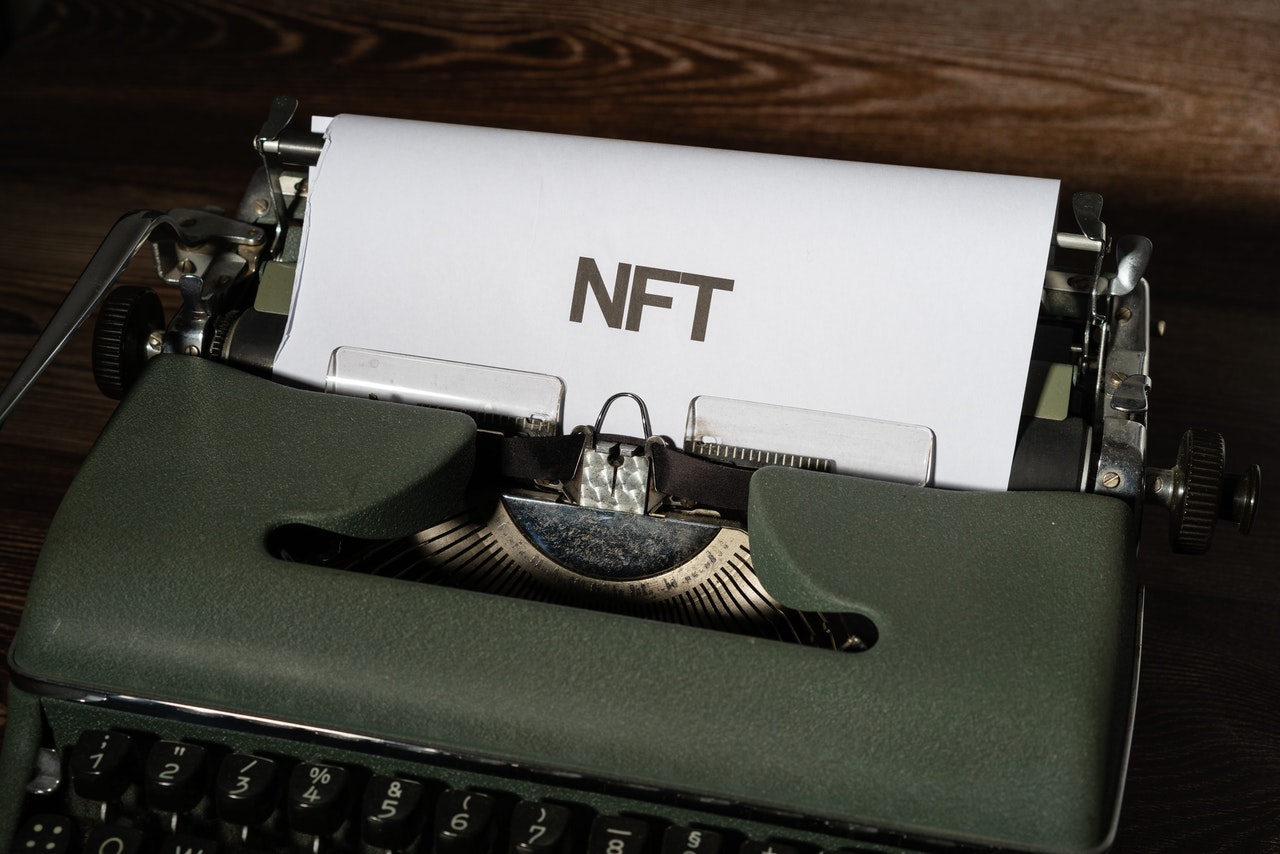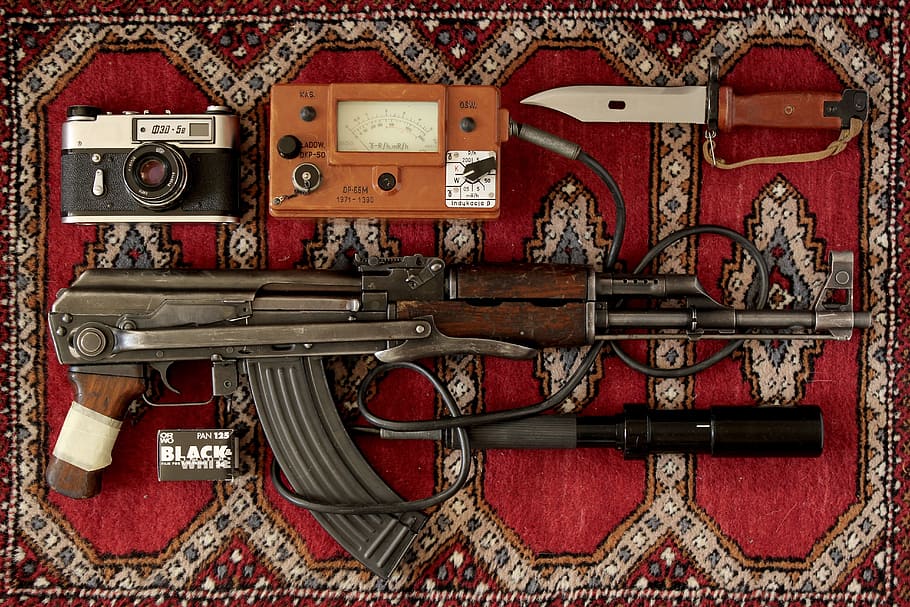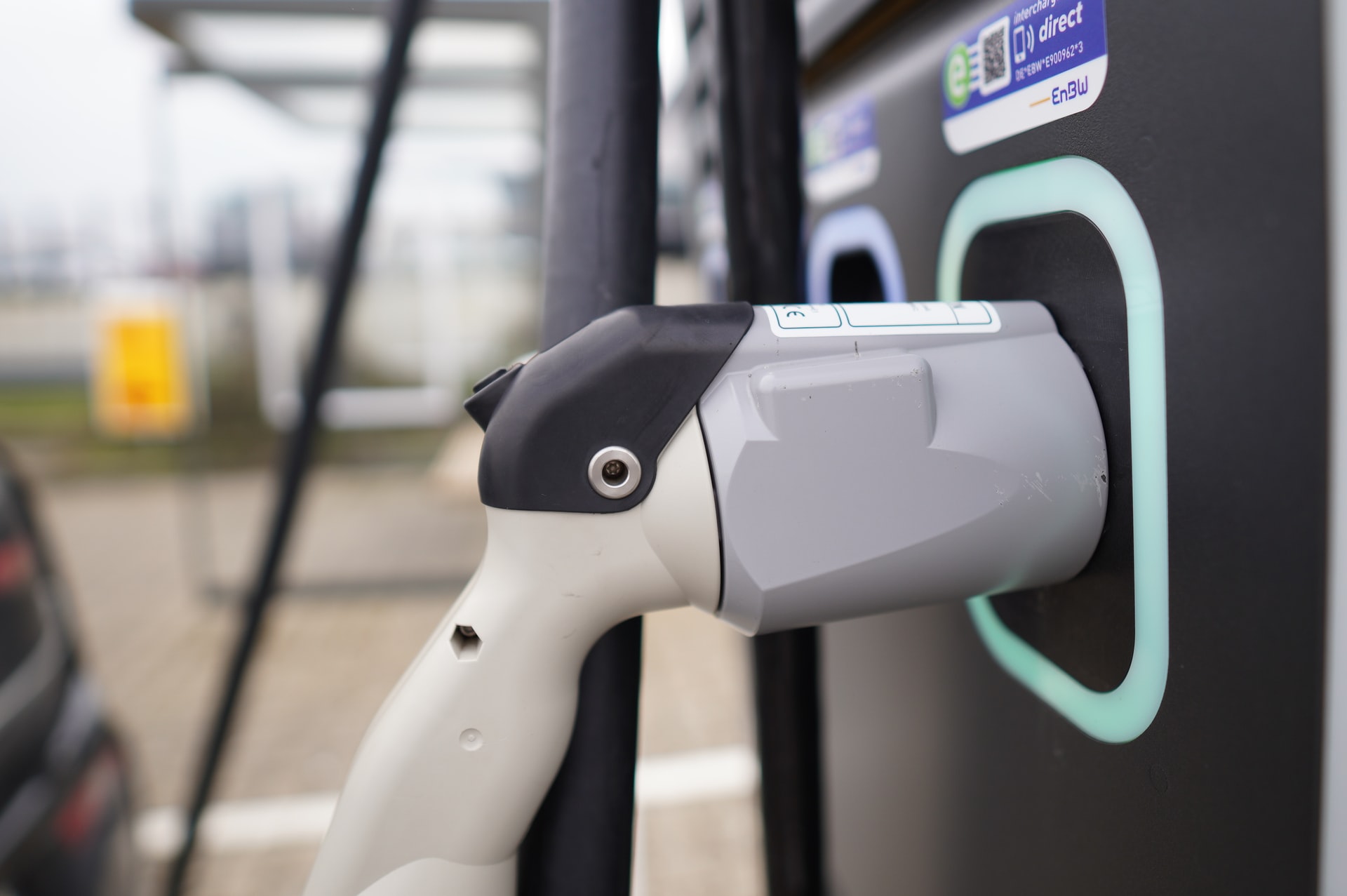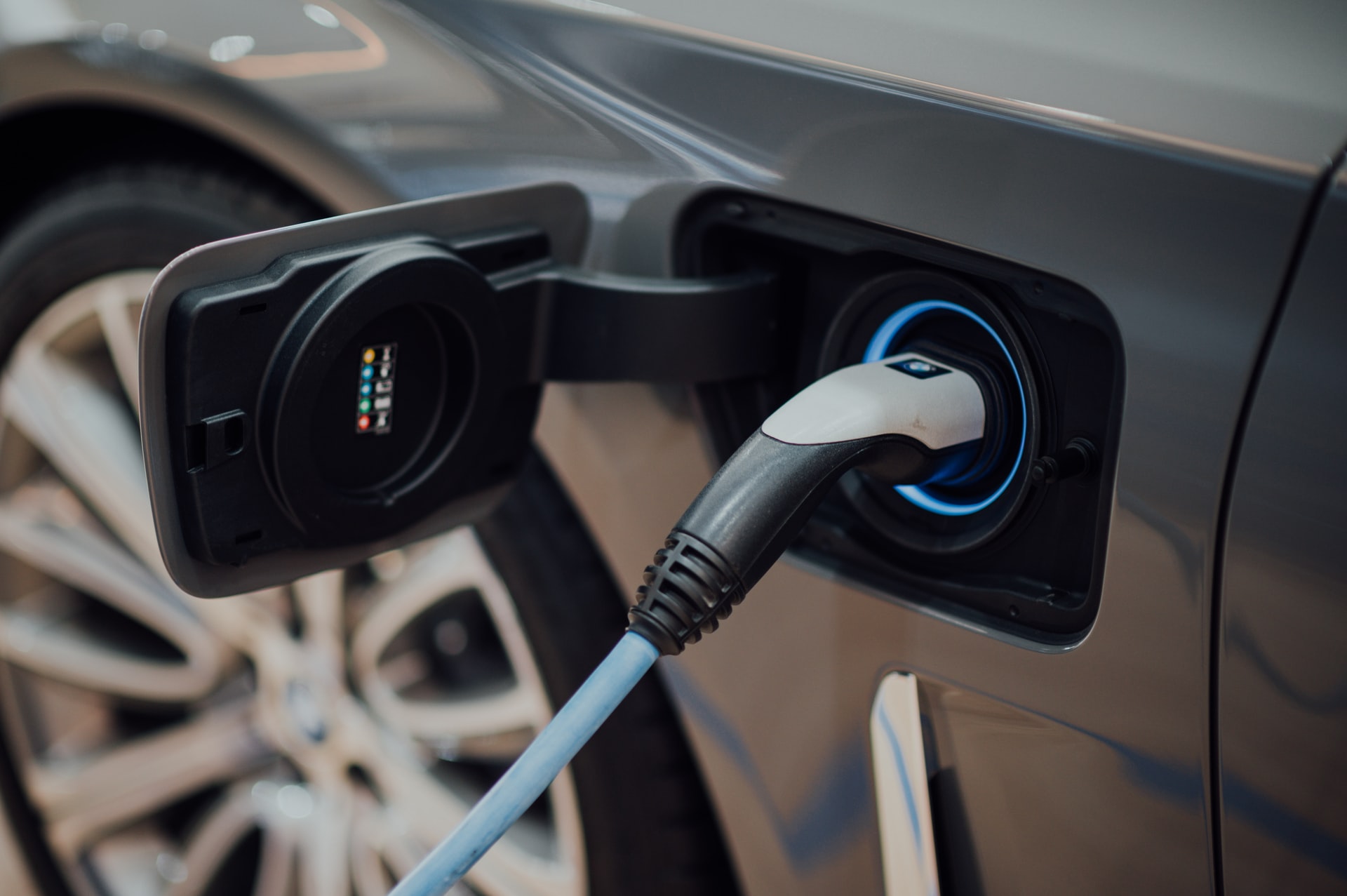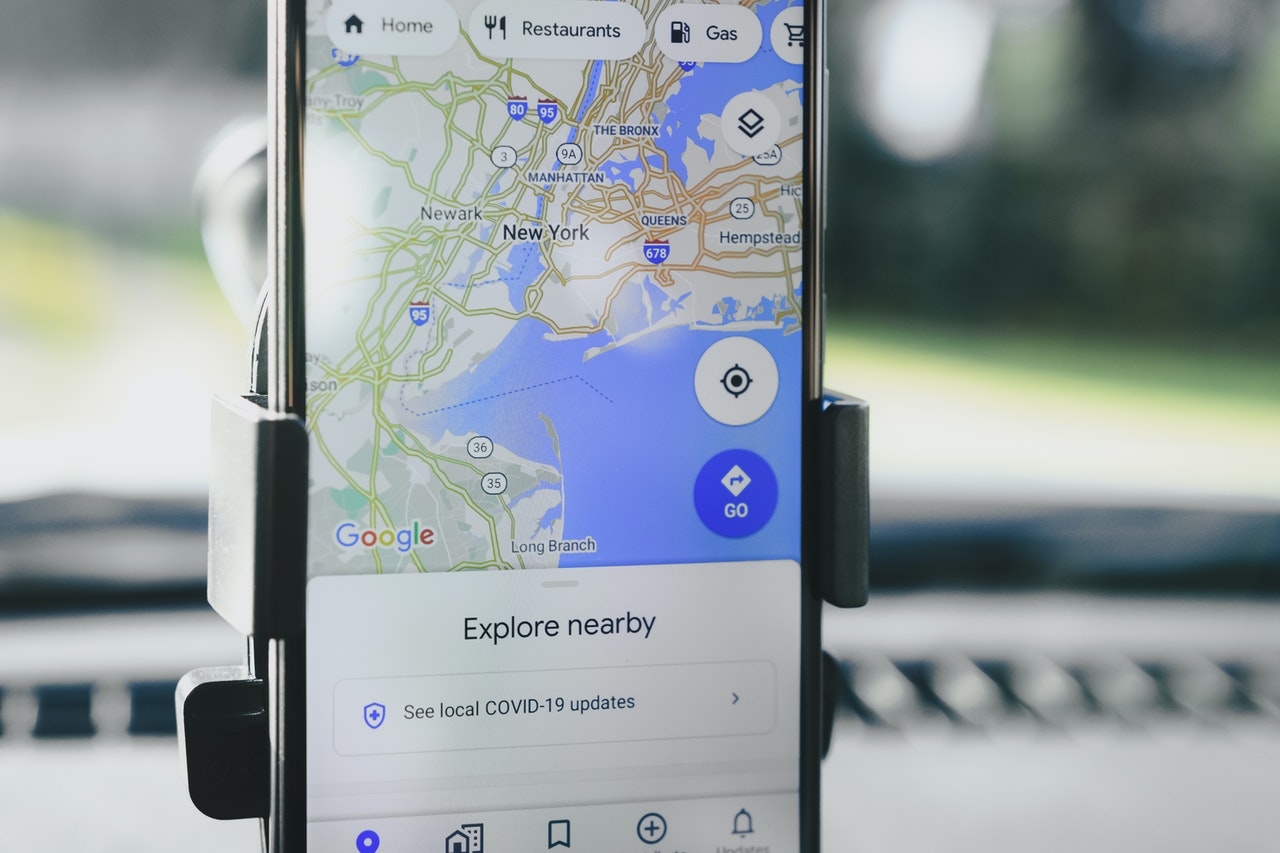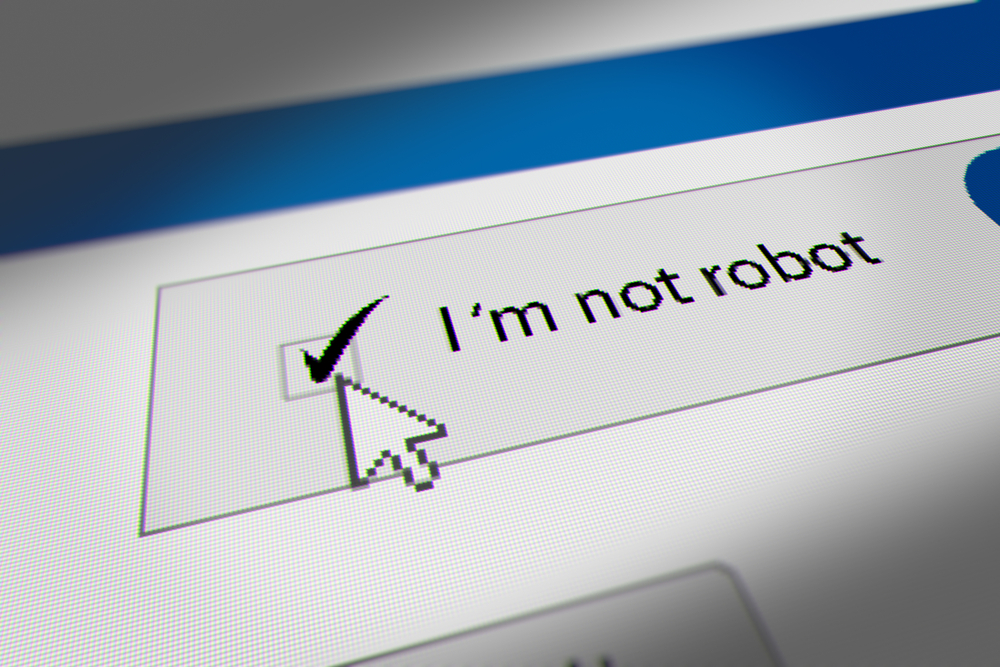Reading Time: < 1 minutes
- Small animals and plants, which died millions of years ago sank to the floor under the sea.
- Whatever of that dead mixture bacteria could eat, they ate; whatever remained got mixed up with sand and clay etc.; and more sand/other stuff kept adding on top of it.
- The heat (from earth under the dead matter) and high pressure (from weight of sand/other stuff) converted the dead matter into black, sticky liquid called crude oil.
- The sand and clay that gathered above the crude oil became a rock over time but with cracks in between.
- The gathered crude oil travelled up through these cracks but could only go up till a certain point; this point is impermeable rock.
- There are plenty of layers above the impermeable rock as well.
- The oil companies that have license to drill (e.g. ExxonMobil) collaborate with companies that provide services such as hydrocarbon location identification, well-construction, geological data (e.g. Halliburton) to find exact locations where oil (and gas on top of oil) could be trapped.
- They use arial & satellite imagery and various other tools to study different areas.
- Special trucks with huge metal plates between front and back wheels hit the metal on earth (to send vibrations) in shortlisted areas.
- If there is oil under a surface, the vibrations get reflected in a different sort of way and these get recorded and interpreted using computers.
- Then drilling starts and crude oil is extracted and transported through rail cars, trucks, tanker vessels, and through pipelines to oil refineries.
- Oil refineries receive crude oil supplies from different locations, both local and international.
- Crude oil is heated and different fuels such as petrol, diesel and jet fuel are extracted from it.
- Then refinery valves are opened and fuels are sent through underground pipelines to local terminals.
- From there, it is transferred in tankers to huge reservoirs at petrol stations, where we get our petrol from.
Image courtesy of Photo by Skitterphoto from Pexels
Reference shelf :
- Pass My Exams
- History of Oil
- Carlt Fross
- e-Education

